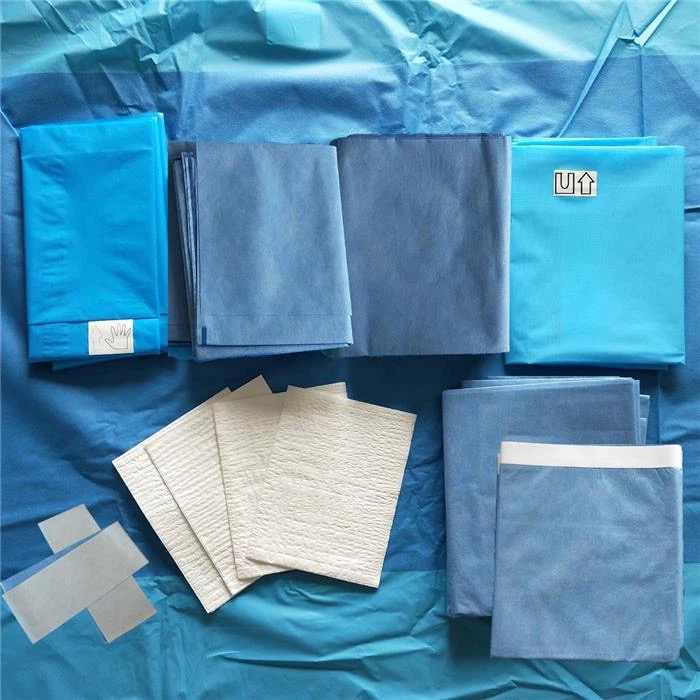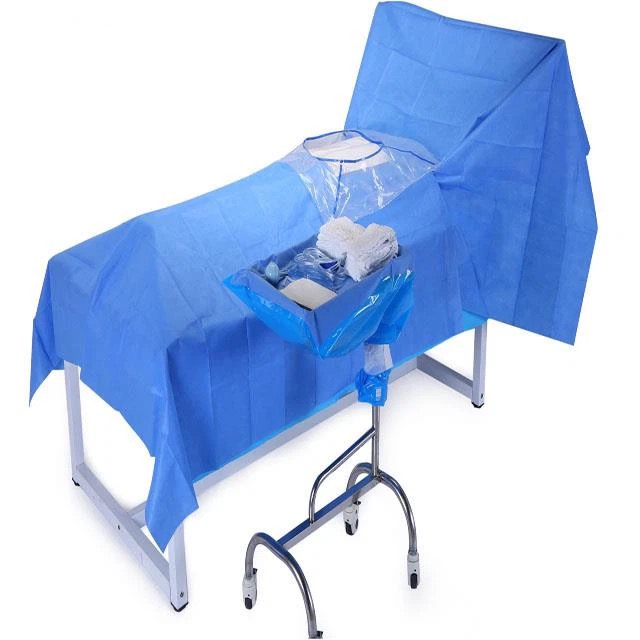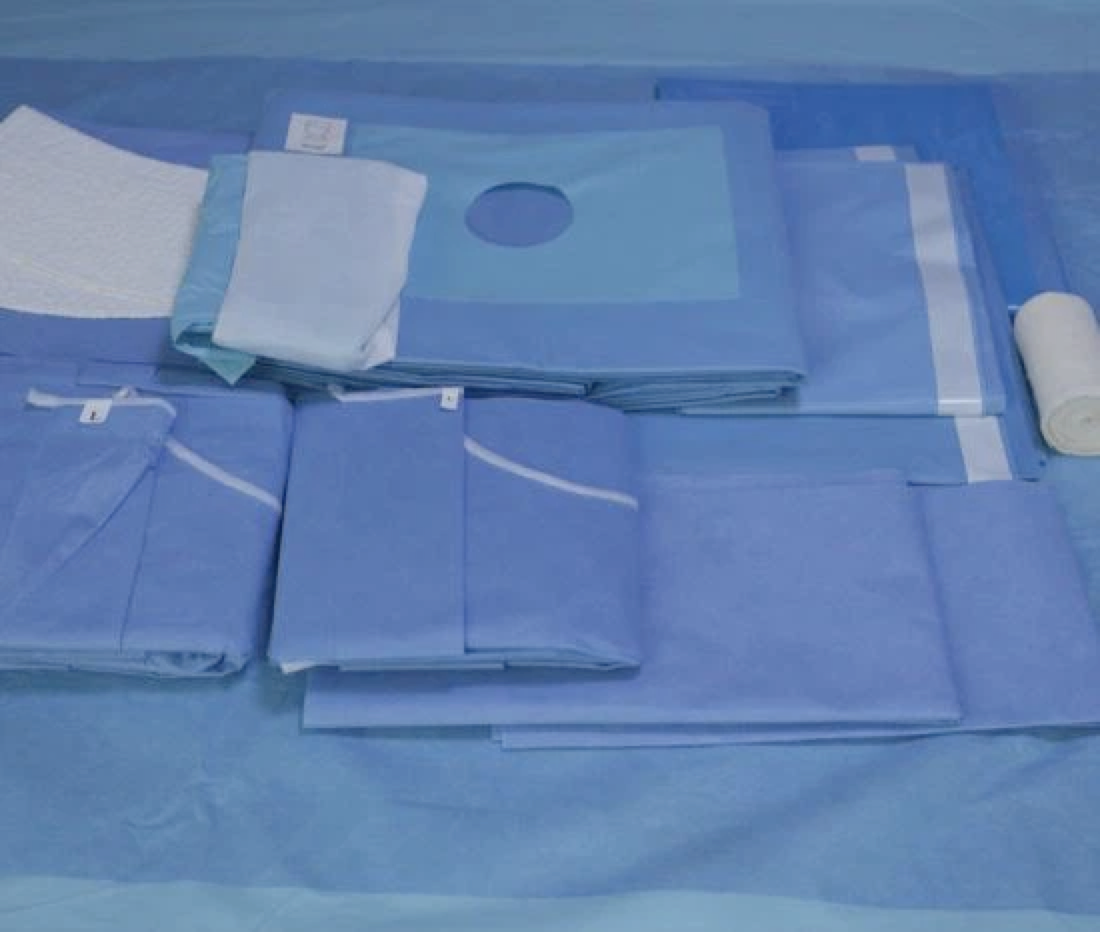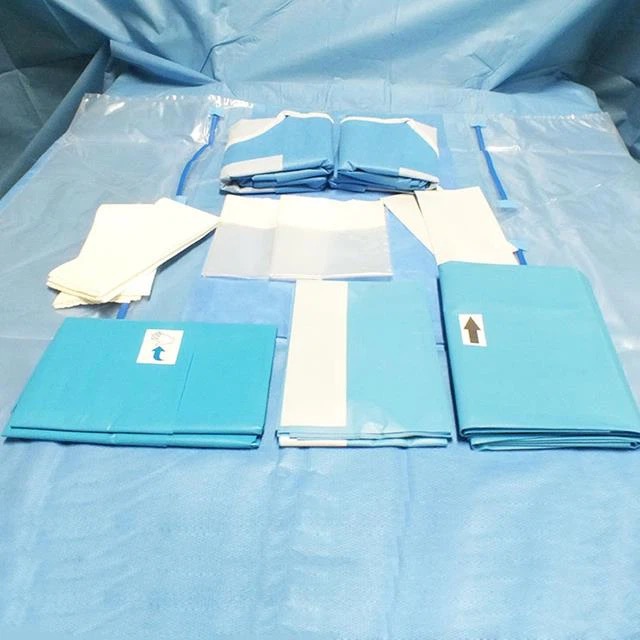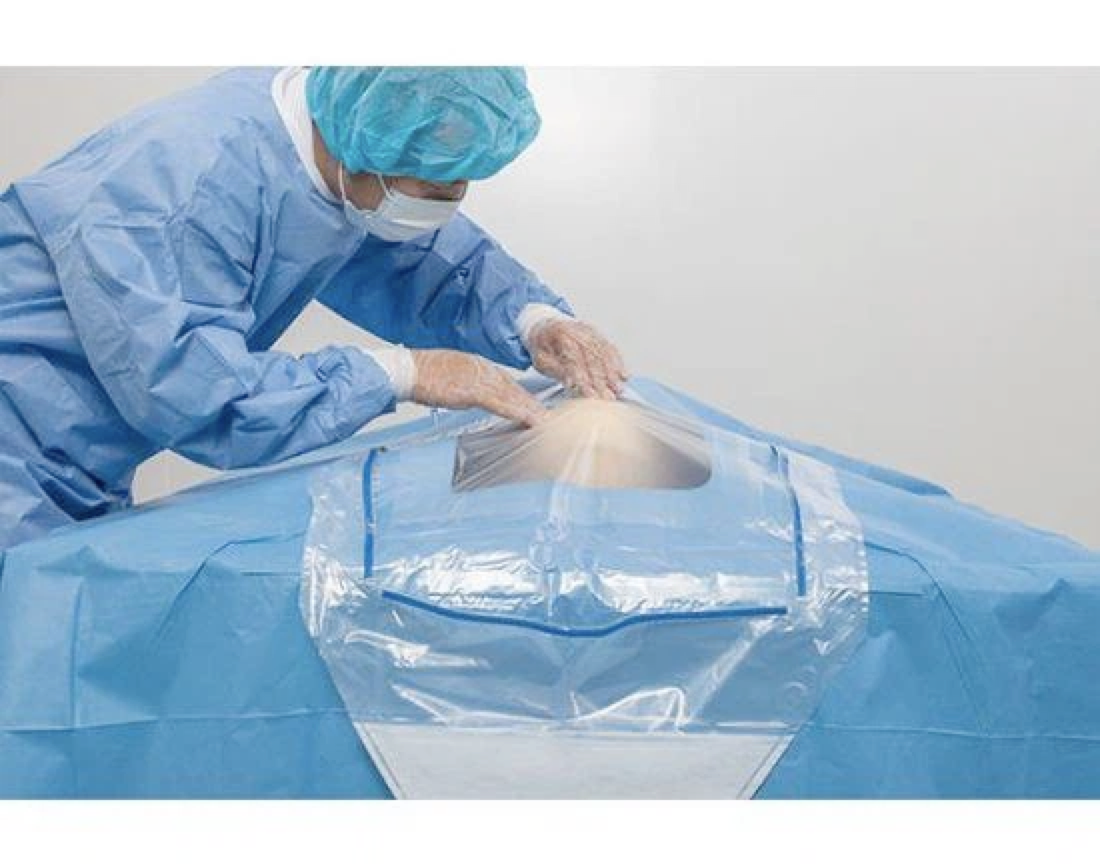Vinyl chloride, also known as vinyl chloride, is an important monomer used in polymer chemistry and can be produced from ethylene or acetylene. Vinyl chloride is a toxic substance, liver cancer and long-term inhalation and exposure to vinyl chloride related.
Toxicological information
Sub-acute and chronic toxicity: Acute toxicity is manifested by anesthetic effects; long-term exposure can cause vinyl chloride disease. Acute poisoning: In mild poisoning, patients experience dizziness, chest tightness, drowsiness, and staggering gait; severe poisoning can lead to coma, convulsions, and even death. Skin contact with vinyl chloride liquid can cause erythema, edema or necrosis. Chronic poisoning: manifests as neurasthenia syndrome, hepatomegaly, abnormal liver function, digestive dysfunction, Raynaud's phenomenon and osteolysis of the extremities. The skin may appear dry, chapped, flaky, and eczema.
Emergency treatment: Quickly evacuate people from the contaminated area to upwind and isolate, strictly limit access. Cut off the source of fire. Recommend emergency personnel to wear self-contained positive pressure respirators and anti-static overalls. Cut off the source of the spill if possible. Cover areas such as sewers near the spill site with an industrial cover or adsorbent/absorbent to prevent gas entry. Ventilate reasonably to accelerate diffusion. Spray aerosol water to dilute and dissolve. Construct a dike or dig a pit to contain the large volume of wastewater generated. If possible, send the residual or leaking gas to the water washing tower or a fume hood connected to the tower with an exhaust fan. Leaking gas containers should be properly disposed of, repaired and inspected before use.
